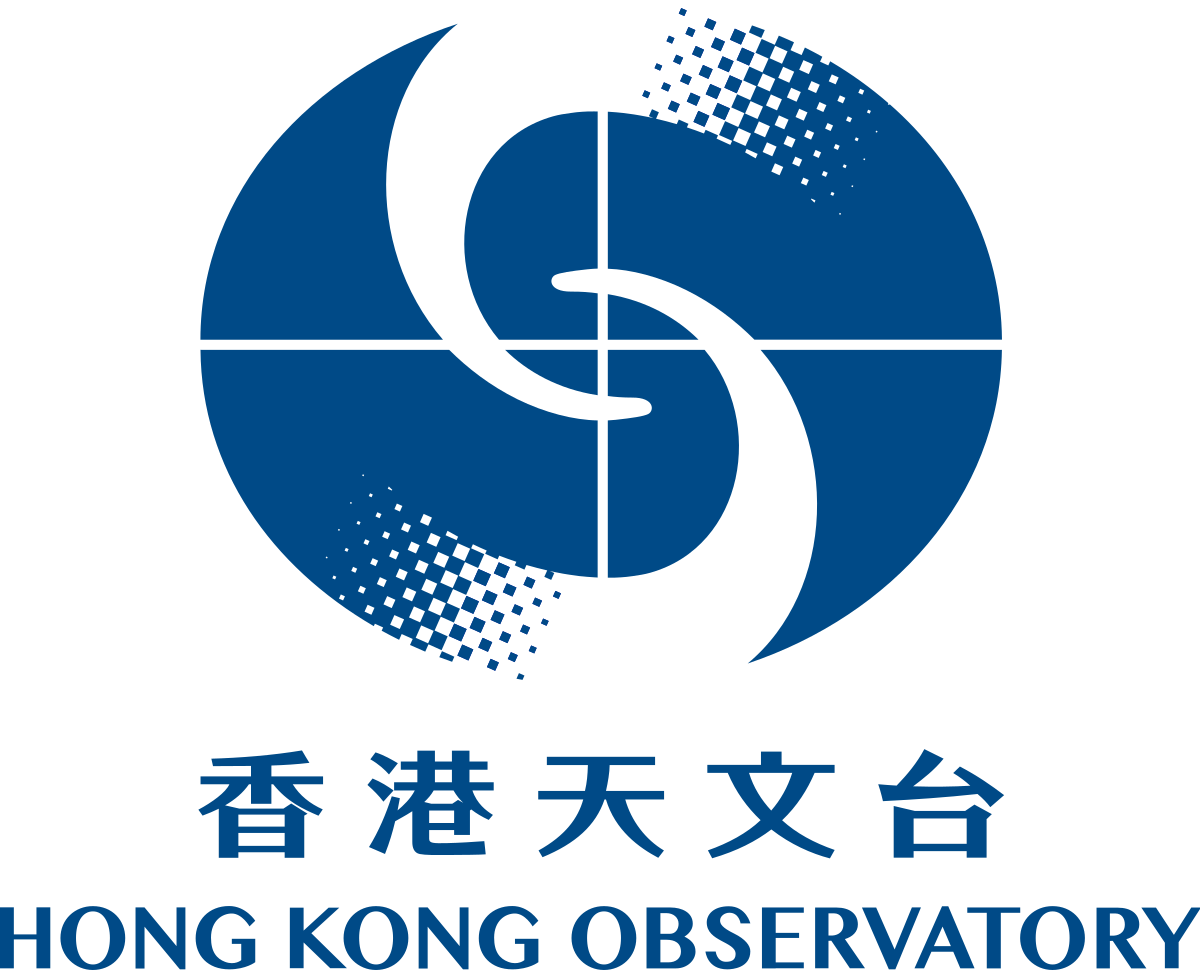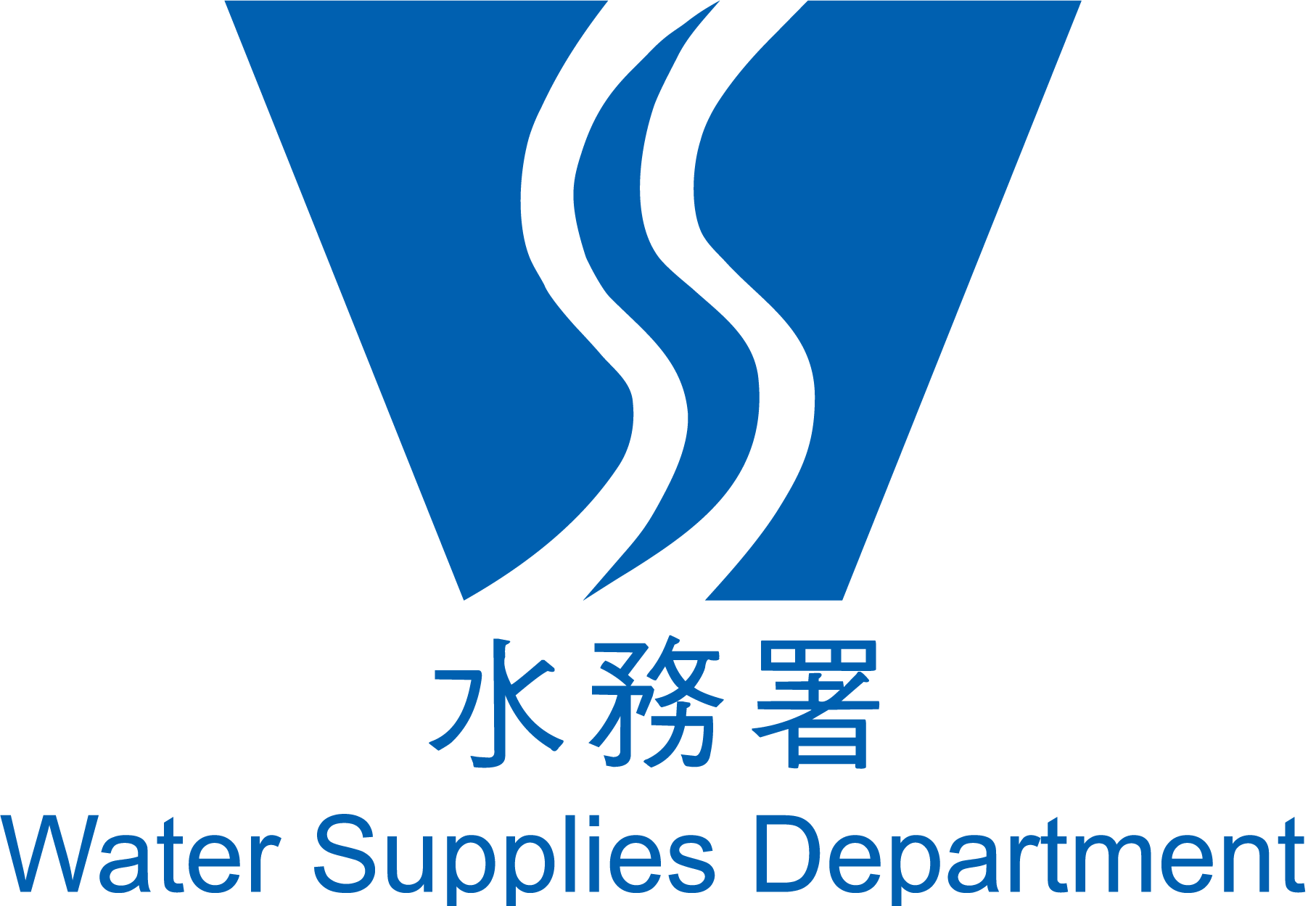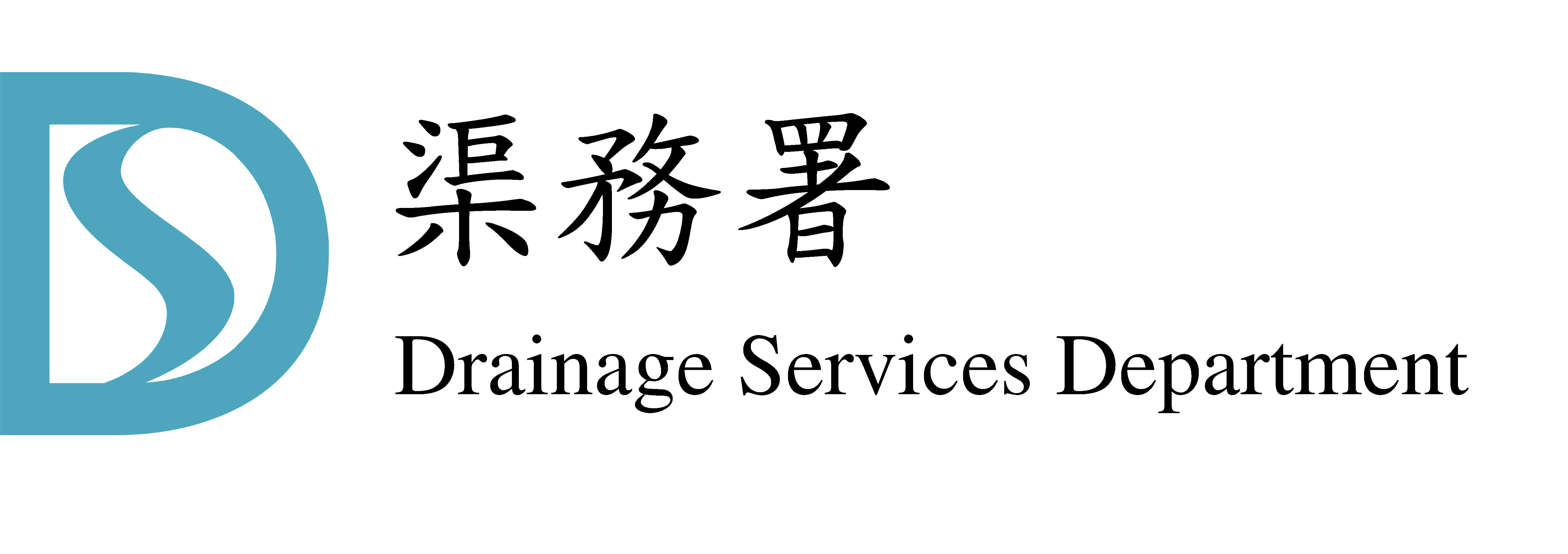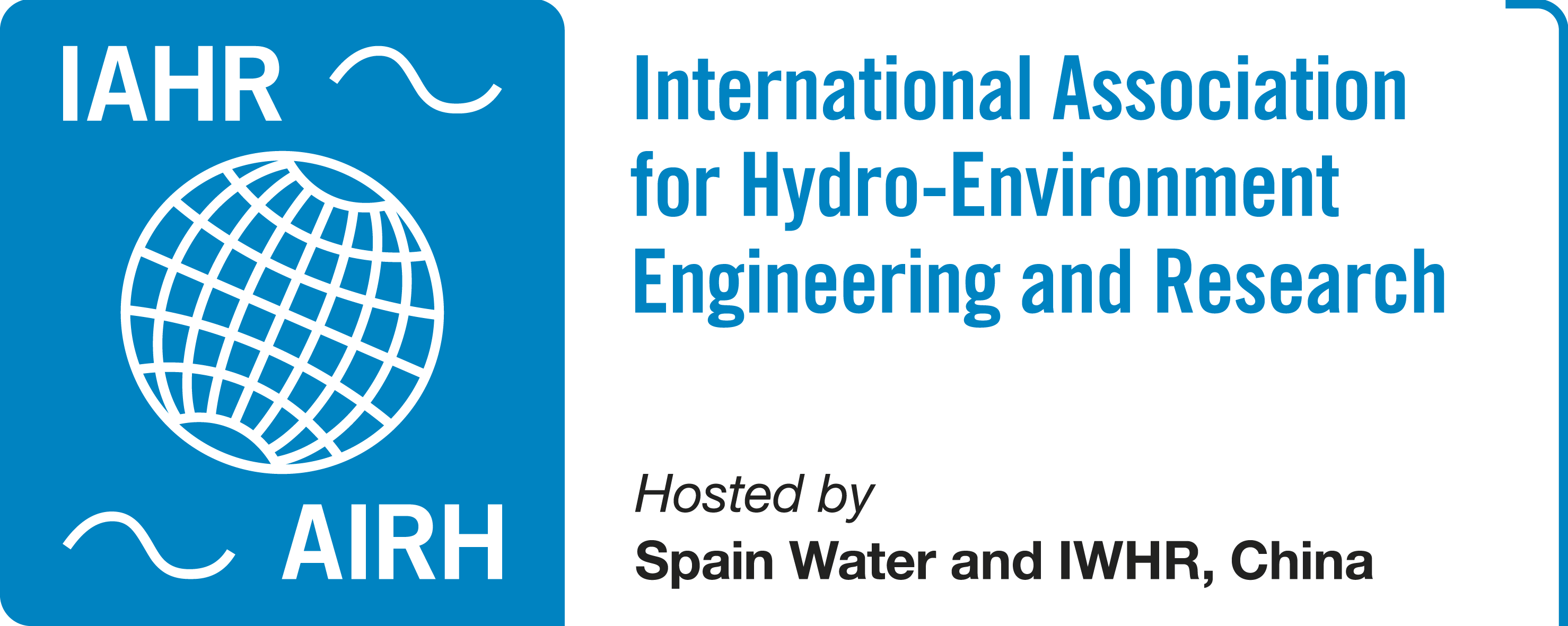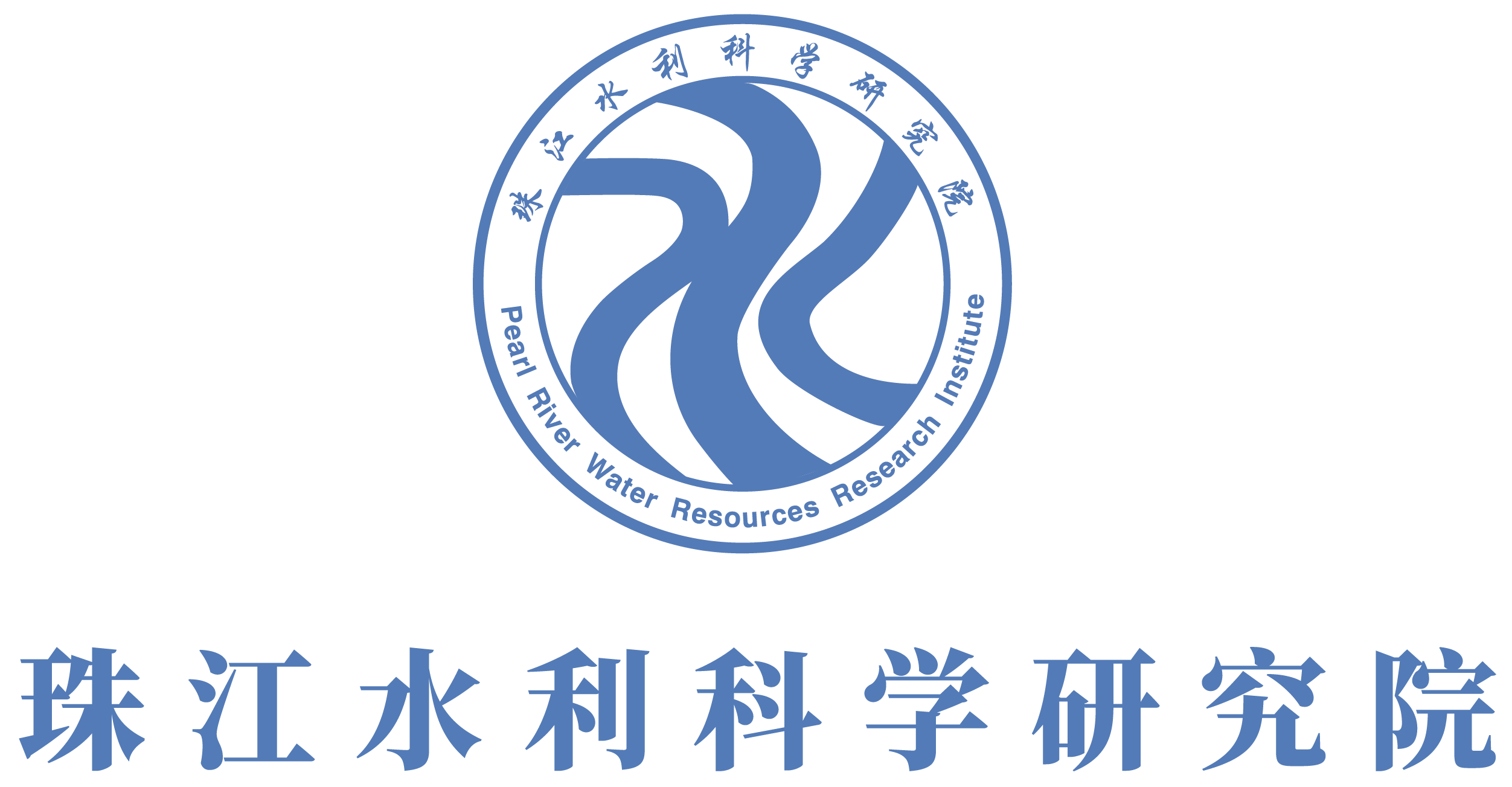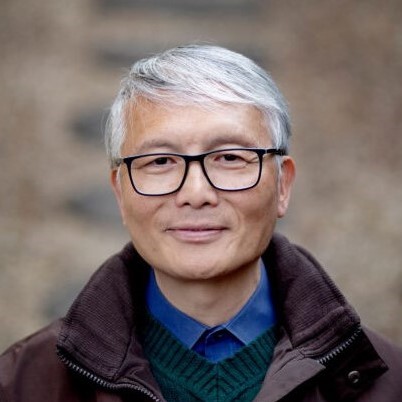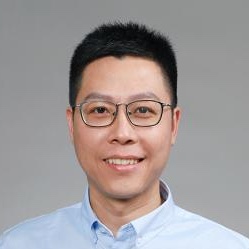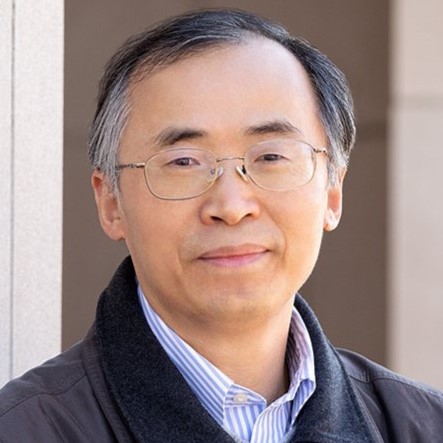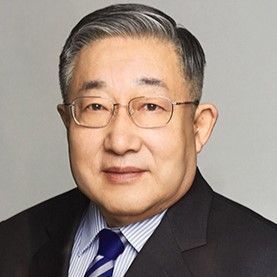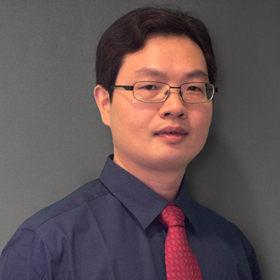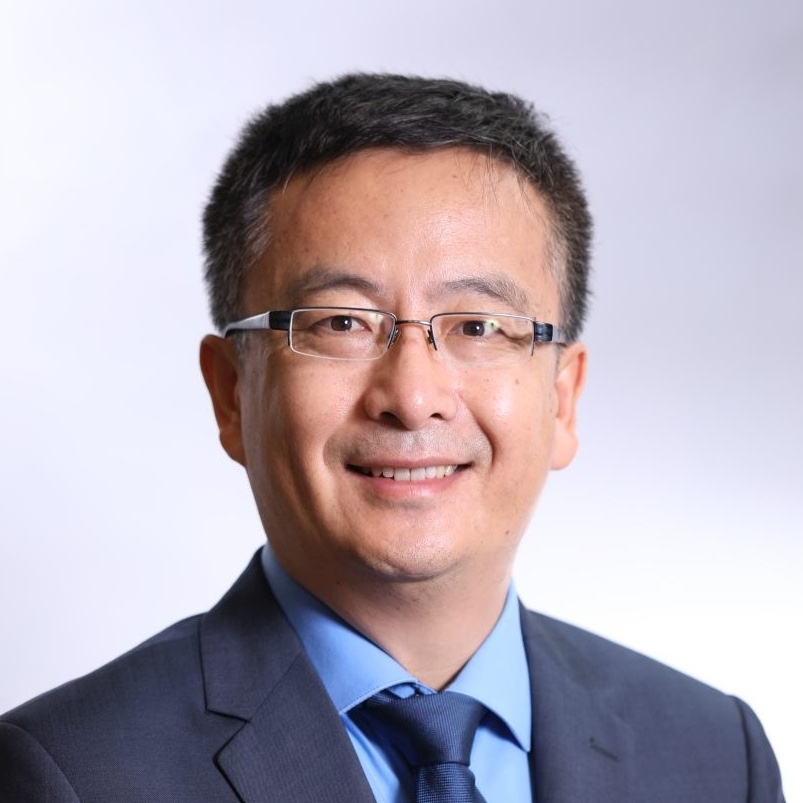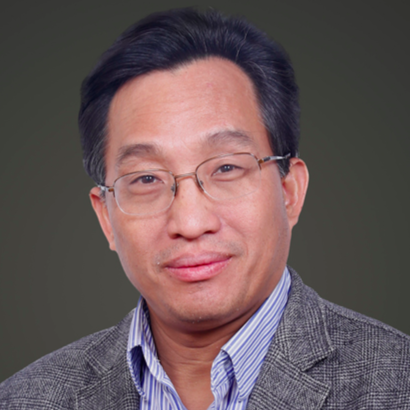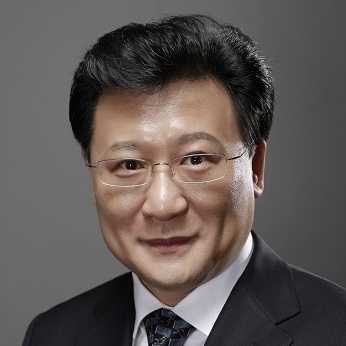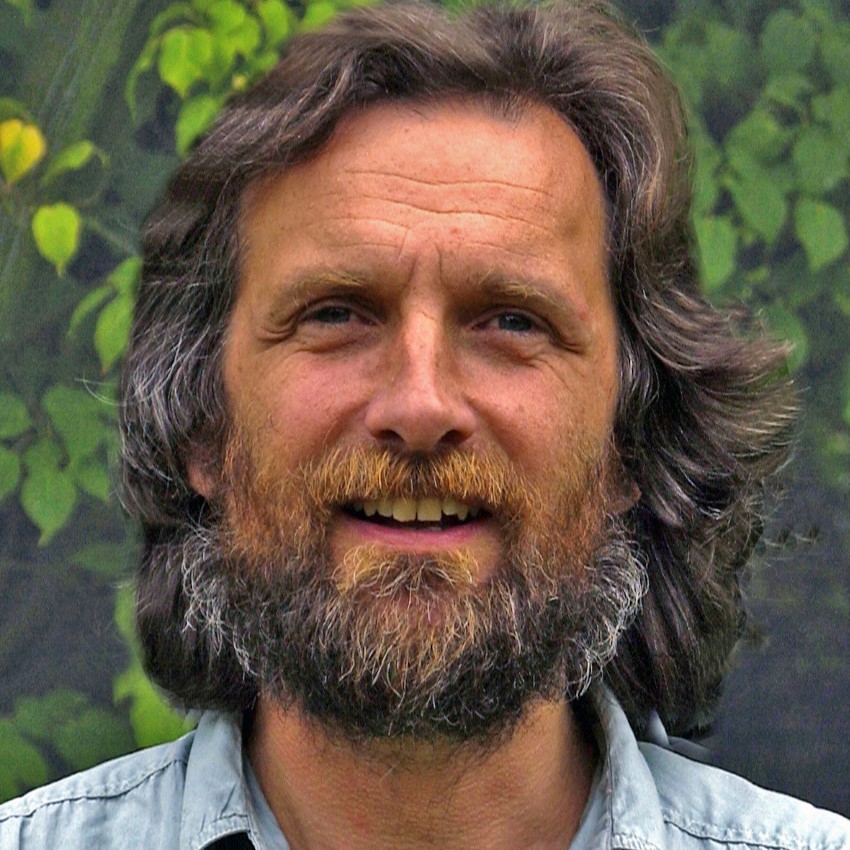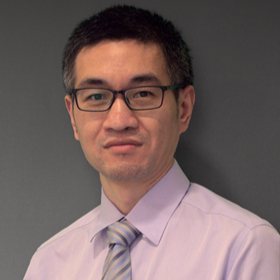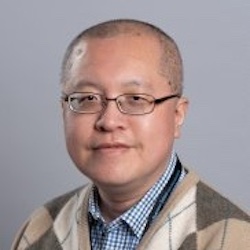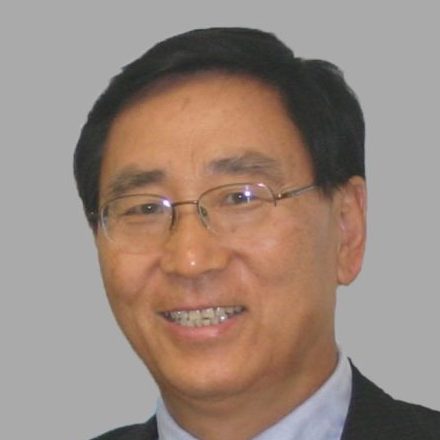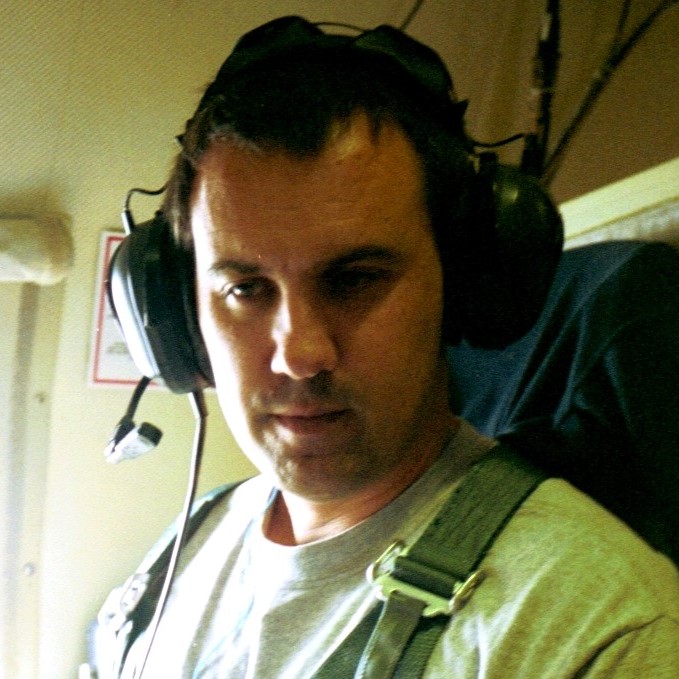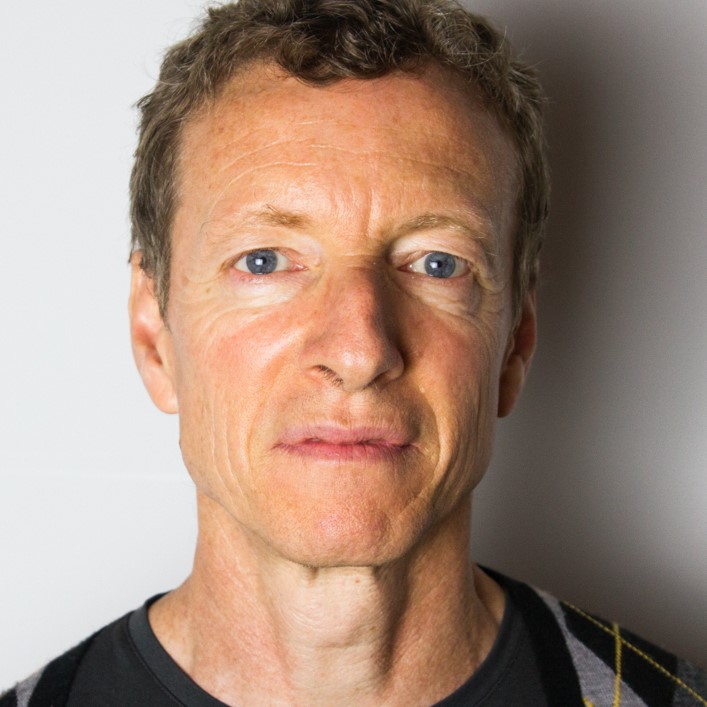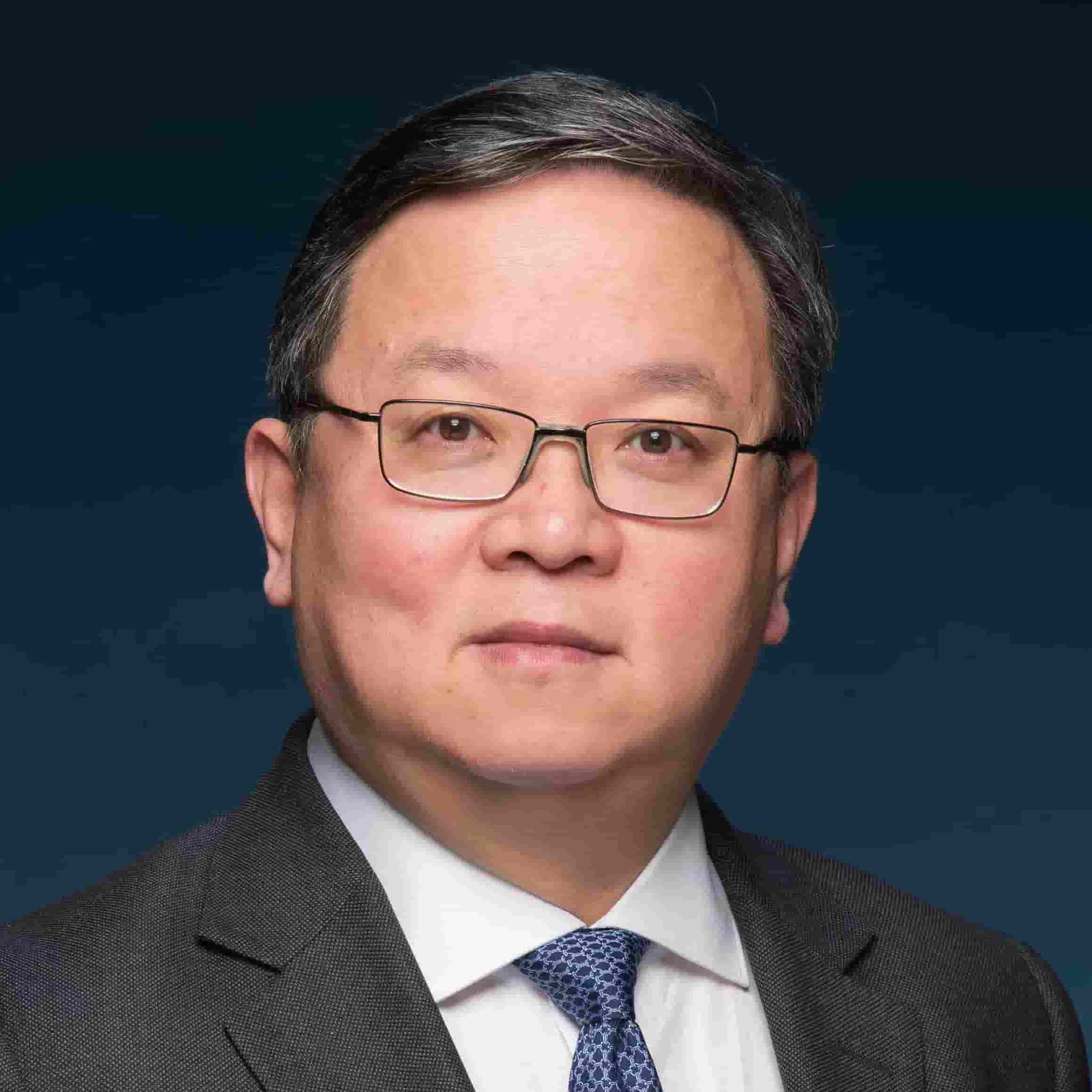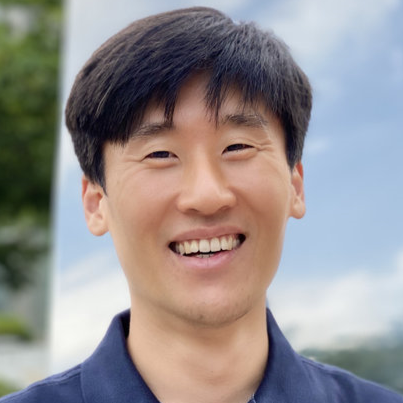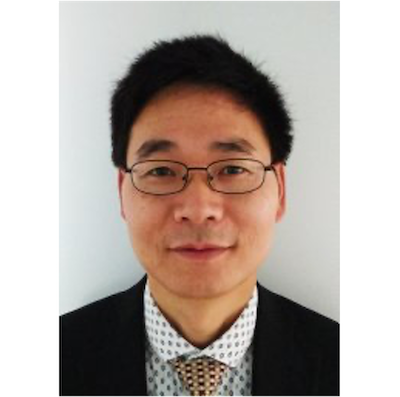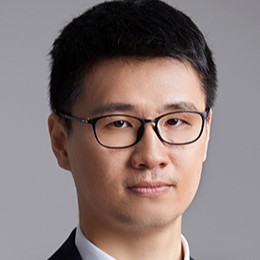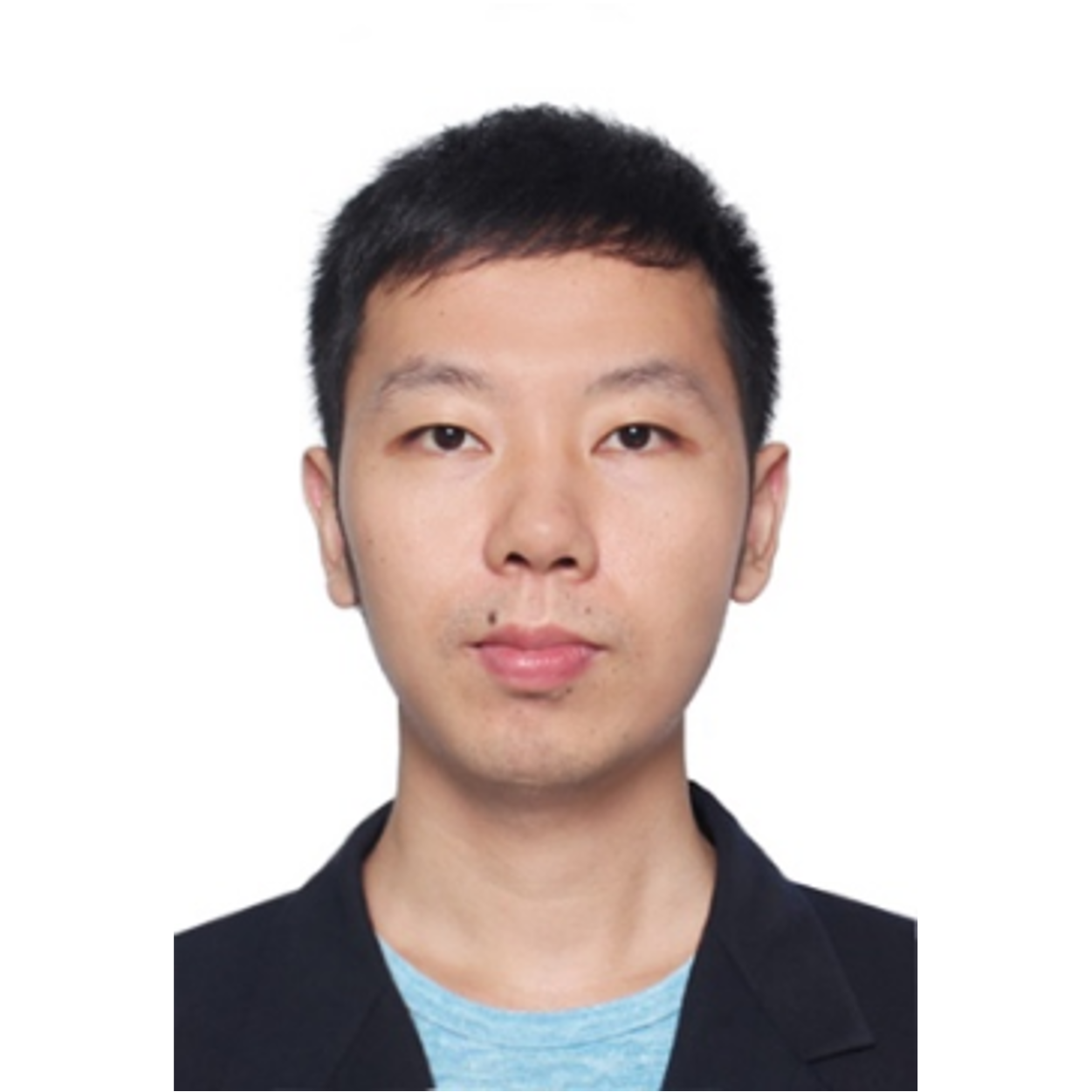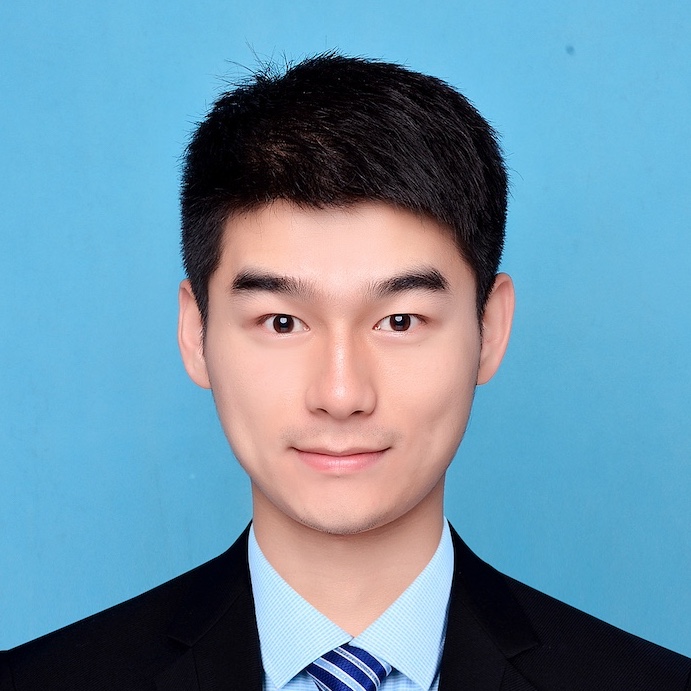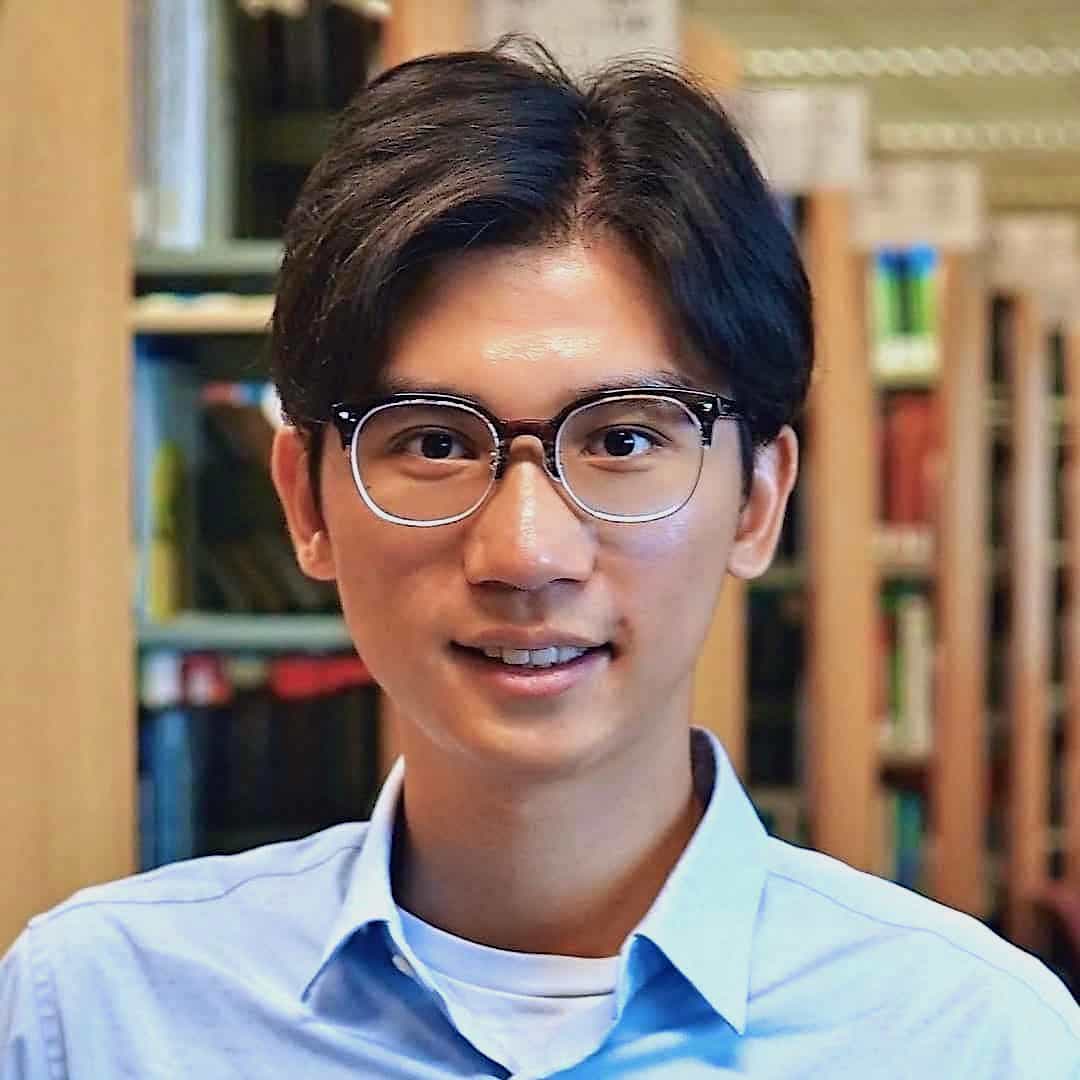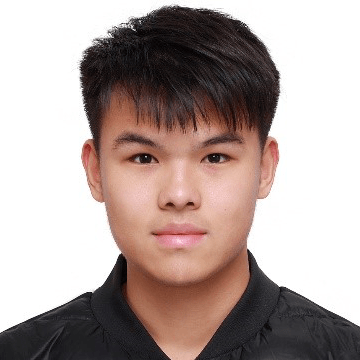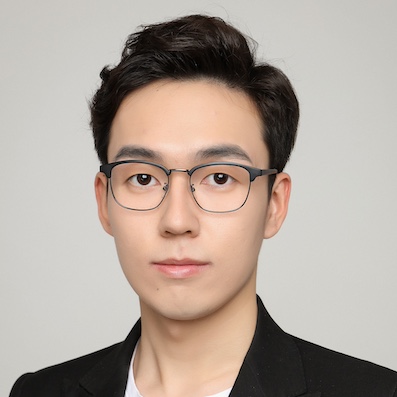Abstract
Five out of six La Niña events have lasted two to three years since 1998. Over the past century ten multiyear La Niña (ML) events had an accelerated trend, with half occurring in the past 25 years. These ML events induce catastrophic floods over Australia, Indonesia, tropical South America, and southern Africa and droughts over the southern U. S., equatorial Africa, India, and southeast China. Why so many double and triple La Niña events emerged recently and whether they will become common remains unknown.
We show that ML distinguishes from single-year La Niña by a prominent onset rate, which provides a precursor for predicting its accumulative intensity. The eight ML events after 1970 primarily follow either a super El Niño (SE) or a central Pacific El Niño (CPE), forming two types of ML: SE2ML and CPE2ML. The leading coupling process for ML’s onset and persistence is thermocline feedback in SE2ML and zonal advective and upwelling feedback in CPE2ML. We hypothesize that the historical increase of ML is rooted in the western Pacific (WP) warming. WP warming enhances zonal advective feedback, promoting more frequent SE and CPE events and increasing the odds for ML. It also strengthens thermocline feedback, accelerating CPE2ML’s onset, leading to a sizable heat discharge and a longer recovery. The results from the large-ensemble experiments of the CESM2 model principally support the observed ML-WP warming linkages. More extreme multiyear La Niña will exacerbate adverse socioeconomic impacts if the western Pacific continues to warm relative to the central Pacific.




